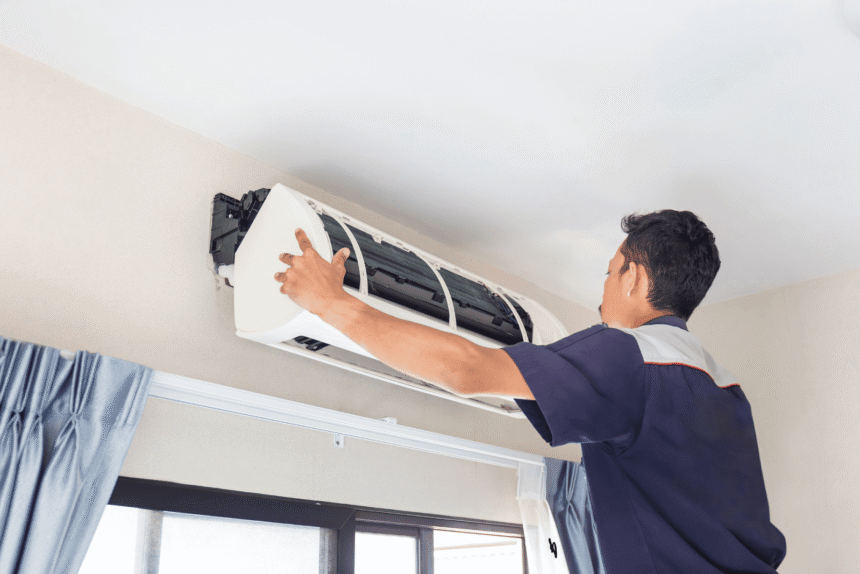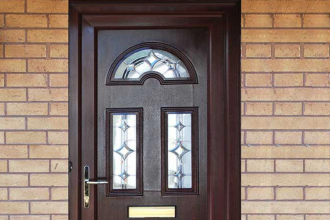Installing a new air conditioner is more than just picking the right unit for your home—it’s also about choosing the right time. Seasonal changes can significantly impact both the cost and ease of AC installation. By understanding how different times of the year affect installation, homeowners can plan effectively, avoid delays, and ensure their home remains comfortable throughout the year.
Why Timing Matters in AC Installation
Many homeowners focus solely on the brand or model when installing an air conditioner, overlooking the importance of timing. Seasonal demand, weather conditions, and temperature extremes can all affect how quickly and efficiently your AC is installed. Installing at the wrong time may lead to longer wait times, higher costs, and potential issues with system performance.
Summer: The Peak Season
Summer is the busiest time for air conditioner installations. As temperatures rise, homeowners scramble to beat the heat, which puts contractors under heavy demand. While it may seem urgent to install an AC during a heatwave, scheduling in peak season often comes with challenges:
- Longer Wait Times: Installers may be booked weeks or months in advance.
- Higher Costs: Contractors may charge more due to increased demand.
- Potential Delays: Unpredictable weather, such as heatwaves or storms, can slow down installations.
Despite these challenges, summer installation ensures immediate relief from the heat, which is often the top priority for many homeowners.
Fall and Winter: Off-Season Advantages
Fall and winter are ideal for installing an air conditioner if you want to avoid the summer rush. Contractors typically have lighter schedules, making it easier to secure a convenient installation date. Benefits of off-season installation include:
- Lower Installation Costs: With less demand, some installers offer discounts or promotional pricing.
- Faster Scheduling: You are more likely to get your installation done quickly.
- Time for Testing: Installing in the cooler months allows you to test the system and address any issues before the heat of summer arrives.
Cold weather does present minor challenges, such as the need for additional care when charging refrigerants, but professional installers are equipped to handle these conditions safely and efficiently.
Spring: A Transitional Season
Spring presents unique opportunities and challenges. Temperatures are moderate, making installation easier for technicians and reducing stress on the system. However, unexpected early heatwaves can increase demand suddenly, making early booking essential. Key considerations for spring installations include:
- Plan Ahead: Schedule your AC installation early to avoid last-minute rushes.
- Check Seasonal Promotions: Many manufacturers and installers offer spring discounts.
- Prepare for Summer: Off-season installation gives your system time to settle in before peak usage.
Weather and Installation Quality
Temperature and weather conditions directly impact the quality and safety of installation. Extremely hot or humid days can make outdoor unit installation physically demanding, while freezing temperatures may require extra precautions to ensure proper refrigerant flow. By choosing the right season and working closely with your installer, you can minimize risks and ensure your system is installed correctly the first time.
Energy Efficiency and System Longevity
Installing your air conditioner during cooler months offers long-term benefits. Your system has time to settle in before heavy use, and you can address potential issues like ductwork leaks or insulation problems. Proper installation during the right season ensures optimal energy efficiency, reducing monthly electricity bills and extending the lifespan of your unit.
Promotional Offers and Warranty Considerations
Many AC manufacturers and service providers offer seasonal promotions during off-peak months. These can include discounted installation rates, extended warranties, or bundled maintenance packages. Planning installation around these offers not only saves money but also adds peace of mind for long-term system performance.
Read the article: Tips for Conducting an Air Conditioning Overhaul
Final Thoughts
Seasonal changes play a critical role in determining the best timing for air conditioner installation. While summer may seem urgent, off-season installation in fall, winter, or spring often provides cost savings, faster scheduling, and better system performance. By understanding these seasonal dynamics, homeowners can plan installations strategically, ensuring their air conditioner operates efficiently and reliably when it’s needed most. Proper planning, professional installation, and attention to seasonal factors create a comfortable home environment year-round, keeping your family cool and stress-free no matter the weather.













